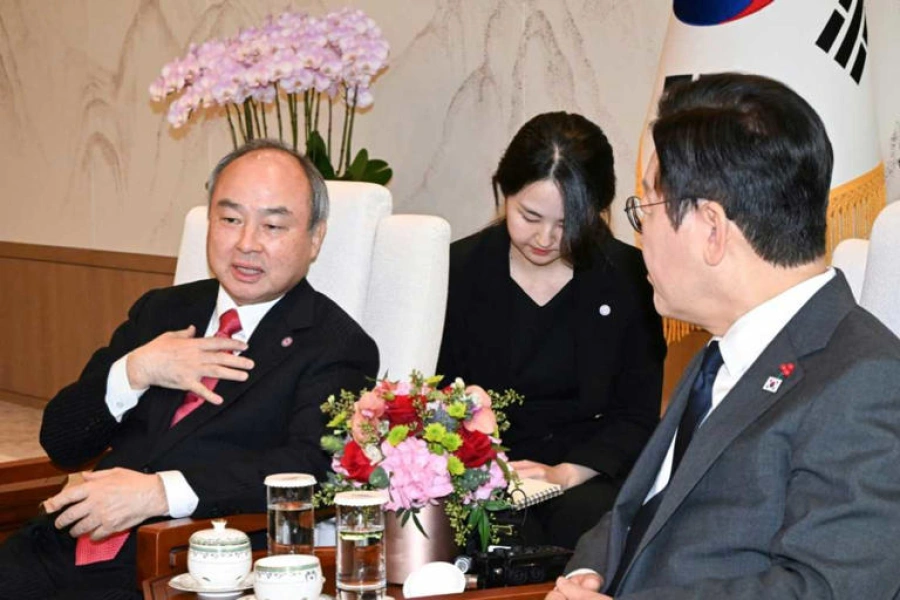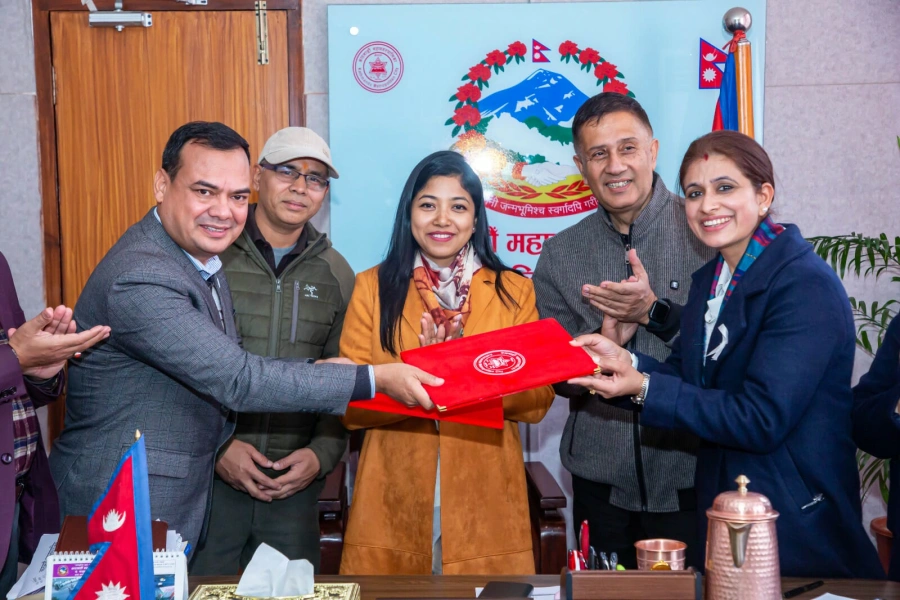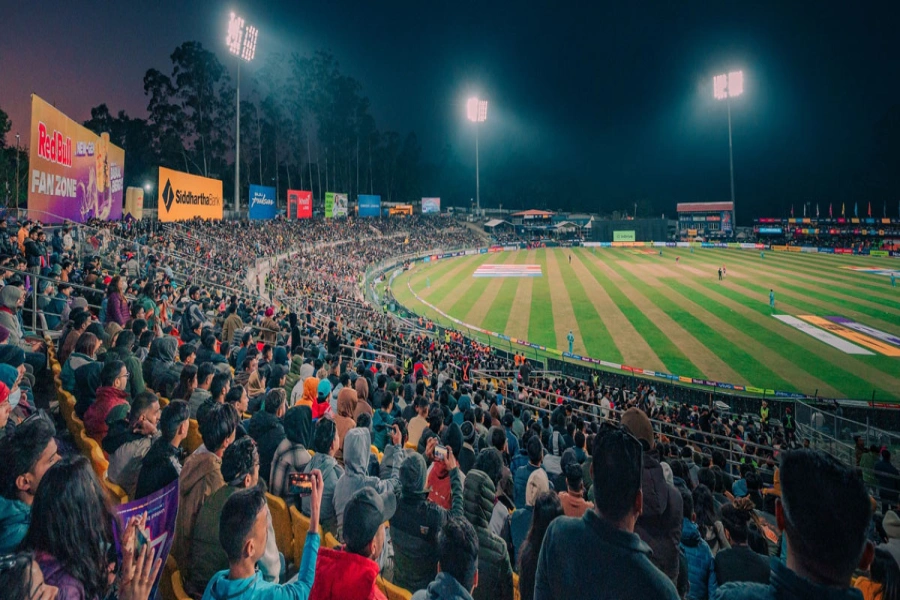KATHMANDU, Feb 9: Revising its ‘blanket’ reservations policy, the government has come up with new provisions granting reservation privileges on the basis of economic and social status to candidates belonging to various marginalized communities.
A Bill on Federal Civil Service, soon to be presented in parliament for deliberations, has introduced the new provisions amid concern in various quarters that reservation benefits meant for candidates belonging to highly disadvantaged and marginalized segments of the population were being captured by the ‘elites’ within those groups.
The bill also bars a candidate for government employment from these groups from receiving the reservation benefit more than once. This is to ensure that reservation benefits reach as many candidates as possible from targeted groups such as women, indigenous nationalities, Madhesis, Dalits, Tharus, Muslims, physically challenged persons and those hailing from backward regions.
Secretary at the Ministry of Federal Affairs and General Administration Dinesh Thapaliya said the government will develop indicators for determining the social and economic status of prospective candidates. “We have proposed that the reservation quotas meant for poor and marginalized groups should be provided on the basis of the economic and social indicators of the candidates within those targeted groups. This is in the spirit of the new constitution,” he said.
The government introduced a reservations policy for the first time in the Interim Constitution promulgated after the 2006 people’s movement, in order to ensure the participation of different groups in various state organs. Although the Interim Constitution provided that reservations should benefit persons who are economically and socially marginalized, each successive government formed since then failed to introduce any criteria to select such candidates. As such, any candidate from the targeted populations, irrespective of his/her economic and social status, became entitled to such benefits .
Heart to Heart with Malvika

As per the reservation policy introduced in the Civil Service Act amended in 2007, 45 percent of the total vacancies in government service were allocated to various marginalized and backward communities. The Civil Service Act (amended in 2007) reserved 33 percent of total seats for women, 27 percent for candidates from indigenous nationalities, 22 percent for Madhesis, 9 percent for Dalits, 5 percent for people with disabilities and the remaining 4 percent for those from geographically backward regions.
According to an Annual Report (2017-18) of the Public Service Commission (PSC), altogether 16,939 candidates were recommended for appointment under the reservations category in the previous eight years .
Besides introducing the provision on economic and social indicators, the Bill also proposes to bar candidates from competing in various reservation categories simultaneously.
For instance, someone competing under the woman category cannot compete under the indigenous nationalities or backward regions categories even if she qualifies for those categories also.
The Bill also proposes allowing the reservations benefit to a person only once in his or her entire government service. A person entitled to the reservation benefit shall get this privilege only once, either at the gazetted third class or any other officer-level position or at any non-gazetted position in government service.
Officials maintain that the new provisions introduced as per the recommendations of the High-Level Administration Reform Commission led by administration expert Kashi Raj Dahal would ensure reservation opportunities to a larger number of people from among the targeted populations .
The Federal Civil Service Bill has also made revisions in the quota percentages allocated to various targeted groups, out of the 45 percent of total vacant positions allocated for reservations. While the Muslim and Tharu groups, which were earlier under the Madhesi cluster, have now been allocated separate reservation quotas, the reservation percentages for indigenous nationalities and people with physical disabilities have been reduced.
The bill proposes 33 percent of the total reserved seats for women, 24 percent for candidates from indigenous nationalities, 20 percent for the Madhesi community, 9 percent for Dalits, 4 percent for Tharus and 3 percent each for Muslims and those with physical disabilities. The remaining 4 percent has been allocated for candidates hailing from backward regions including Achham, Kalikot, Jajarkot, Jumla, Dolpa, Bajhang, Bajura, Mugu and Humla districts in mid-western and far-western Nepal.
The bill also paves the way for civil servants adjusted into local and provincial governments to return to the federal civil service, as per the demand of civil servants who were adjusted recently to the local and provincial levels. Those meeting necessary academic qualifications and serving at least seven years can participate in inter-service competitions to return to federal civil service.
Furthermore, the Federal Civil Service Bill proposes to remove a provision for recruiting for joint-secretary level positions through open competition, and retains the 58-year age limit for mandatory retirement.
Earlier, there were provisions for recruiting undersecretary and joint-secretary level civil servants through open competition by way of lateral entry.




















-1200x560-1764836409.webp)


















